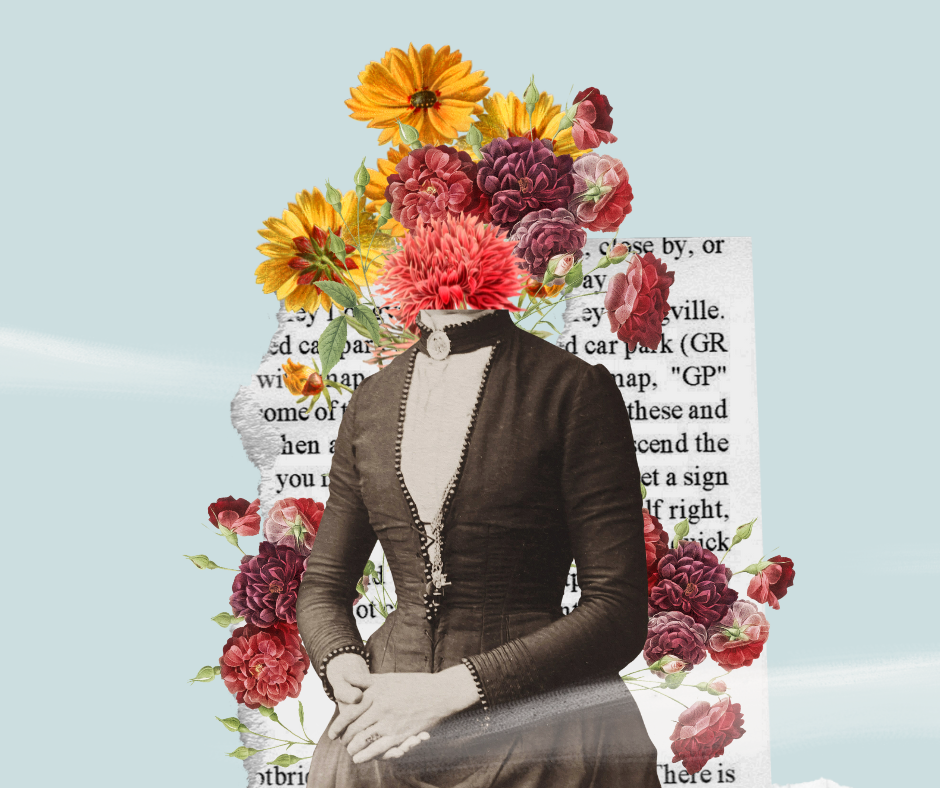Herman Melville’s masterpiece, Moby Dick, is not merely a gripping tale of a vengeful sea captain and the elusive white whale but also a rich psychological exploration of the human psyche. In this blog post, we will embark on an enthralling journey into the depths of Moby Dick, applying Jungian and Freudian psychology techniques to analyze the complex characters, particularly Captain Ahab, and uncover the profound symbolism within the narrative.
The Freudian Lens: Unraveling the Id, Ego, and Superego in Captain Ahab
Freudian psychology delves into the intricacies of the human mind, uncovering hidden desires, conflicts, and defenses. By analyzing Captain Ahab’s psyche through the lens of the id, ego, and superego, we can gain deeper insights into his motivations and actions.
The Id: Unleashing the Primal Drive for Revenge
Captain Ahab’s relentless pursuit of the white whale, Moby Dick, can be seen as an expression of his unchecked id, the primitive and instinctual part of his personality. Driven by his desire for revenge, Ahab’s pursuit becomes a manifestation of his primal urges and innermost demons.
The Ego: Balancing Reality and Fantasy
As the leader of a whaling vessel, Captain Ahab must balance his vengeful quest with the practical realities of commanding a ship and keeping his crew motivated. His ego serves as the mediator between his id-driven desires and the demands of the external world.
The Superego: Confronting Morality and Guilt
Ahab’s quest for revenge is also influenced by his superego, the moral conscience that wrestles with the ethics of his actions. His guilt over the death of his crew member, killed by Moby Dick, drives him to confront the white whale as a form of atonement.
The Jungian Perspective: Archetypes and the Shadow Self in Moby Dick
Jungian psychology explores the collective unconscious and the role of archetypes in shaping human behavior. By applying Jung’s concepts to Moby Dick, we can uncover the presence of archetypal characters and the shadow self within Captain Ahab.
The Archetypal Hero’s Journey: Ahab’s Quest for Redemption
Captain Ahab’s journey can be seen as an archetypal hero’s quest for redemption. He embarks on a mythic odyssey, facing both external and internal obstacles, in his pursuit of the white whale. This heroic quest represents a transformative journey of self-discovery.
The Shadow Self: The Dark Side of Ahab’s Psyche
Ahab’s relentless obsession with Moby Dick also reveals the presence of the shadow self, the hidden and repressed aspects of his psyche. The white whale embodies Ahab’s deepest fears, vulnerabilities, and unresolved traumas.
Symbolism and the Unconscious: Decoding Moby Dick’s Metaphorical Depth
Moby Dick is rife with symbolism that holds deeper meanings beyond the surface narrative. By exploring the unconscious symbolism in the novel, we gain a deeper understanding of the psychological underpinnings of the characters and the themes they represent.
The White Whale: The Unconscious and the Unattainable
Moby Dick, as the white whale, symbolizes the unconquerable and unattainable aspects of the unconscious mind. Ahab’s obsession with the whale represents his futile attempt to confront and conquer his own inner demons.
The Sea: The Abyss of the Unconscious
The vast and treacherous sea serves as a metaphor for the unconscious mind, with its depths symbolizing the unknown and unexplored realms of the human psyche. The voyage on the Pequod becomes a symbolic journey into the depths of the unconscious.
The Tragic Hero: Ahab’s Fatal Flaw and Psychological Demise
Ahab’s tragic fate is a reflection of his fatal flaw, a concept explored in both Freudian and Jungian psychology. His obsession with revenge blinds him to the consequences of his actions, leading to his psychological demise as well as actual death.
Ahab’s Hubris: The Danger of Unchecked Ego
Ahab’s unyielding ego, fueled by his need for revenge, leads him to underestimate the power of nature and the consequences of challenging the white whale. His hubris becomes his downfall.
The Psychological Catharsis: Ahab’s Redemption or Tragedy
The climax of the novel brings a moment of psychological catharsis for Ahab. Whether he finds redemption through self-awareness and acceptance or succumbs to his inner demons remains open to interpretation.
Moby Dick is a psychological masterpiece that offers a profound exploration of the human psyche, with Captain Ahab as a complex and multi-faceted character. Through Freudian and Jungian lenses, we gain insights into Ahab’s motivations, his inner conflicts, and the symbolic depth of the narrative. Melville’s literary opus not only provides readers with an enthralling adventure on the high seas but also invites us to explore the enigmatic depths of the human mind and the intricacies of our own psychological landscapes.
